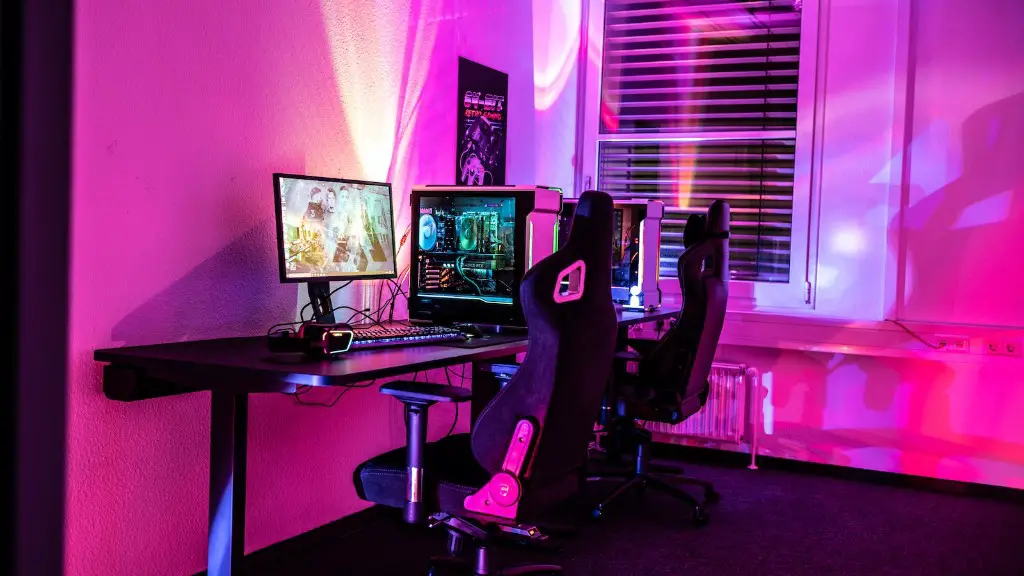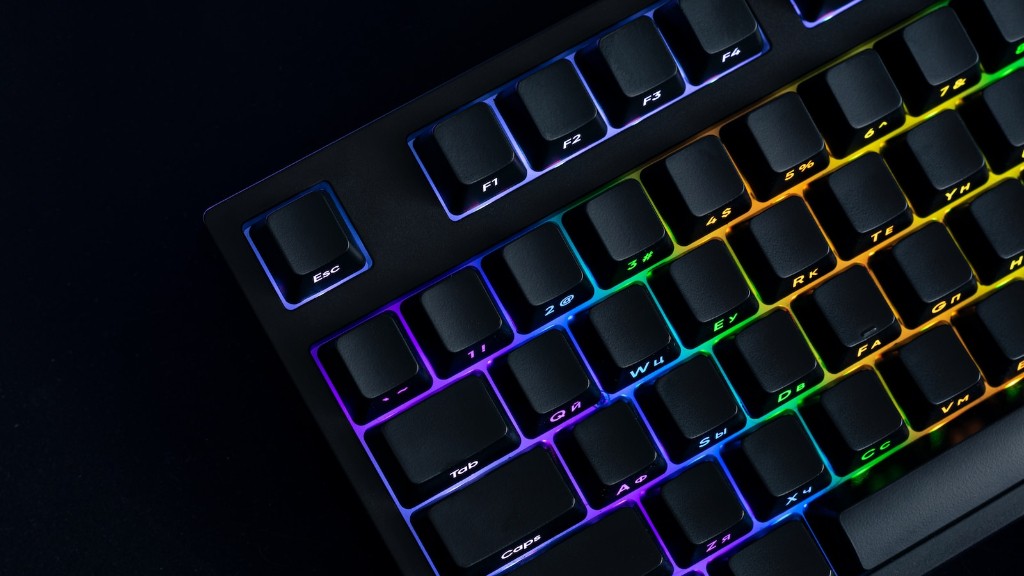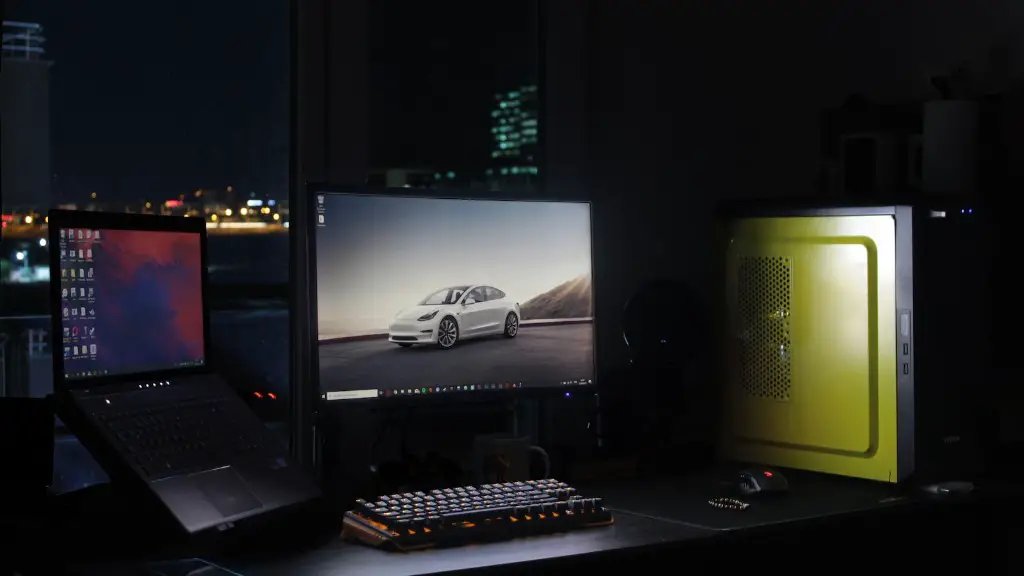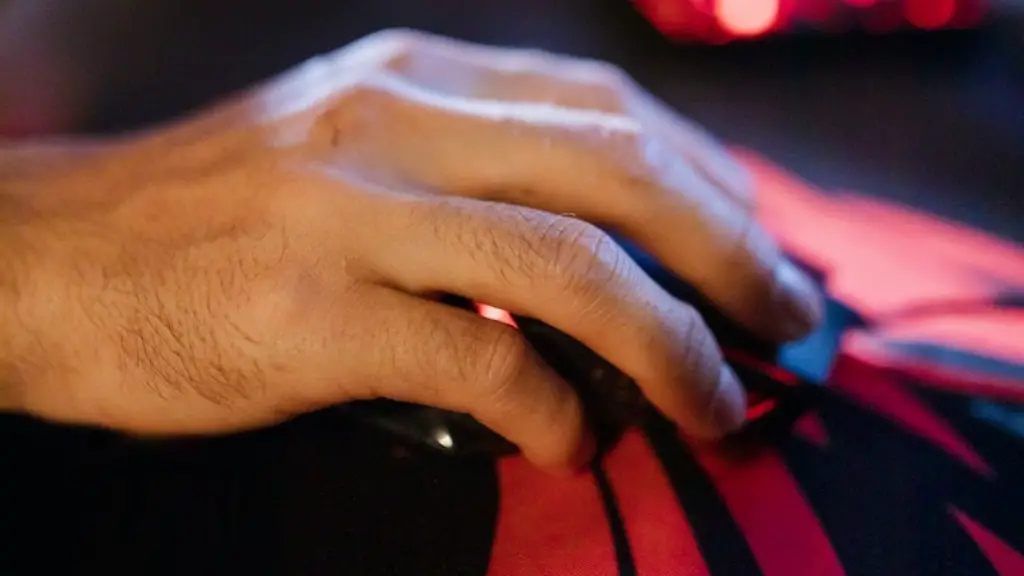There are many reasons why a gaming PC can keep freezing. Some of the most common reasons are outdated or corrupted drivers, insufficient memory, a bad power supply, or even a virus or malware infection. In this article, we’ll explore the primary causes and possible solutions to these freezing issues.
Firstly, outdated or corrupted drivers can be a major cause of frozen PCs. Drivers are important pieces of software that enable hardware components like the graphics card, sound card, and network card to communicate and interact with the operating system. If these drivers become out of date or corrupted, it can cause your PC to freeze. To check for driver issues, users should visit Windows Update and install all the available software updates. Additionally, the user should go to the manufacturer’s website and download the most current driver versions, then reinstall them.
Next, having insufficient memory can cause a PC to freeze. The minimum amount of RAM for the optimal gaming experience is 8GB. Any less than this and it’s likely that your PC will freeze, especially during intense gaming sessions. The only solution to this is to upgrade the RAM. Once the user upgrades the RAM, the performance of the gaming PC should improve significantly.
A defect in the power supply unit can also cause freezes. Often times, this can be due to a bad power supply unit or inconsistent power supply. To check if this is the cause of the freezing, users should open their PC case, disconnect the power supply and check the fan of the power supply. If the fan isn’t spinning, it’s likely the power supply unit is defective. In this case, the user will need to replace their power supply.
Malware and viruses can also cause a PC to freeze. Malware can sneak onto your PC without your knowledge, then runs in the background causing all sorts of issues, including causing your PC to freeze. To get rid of a virus or malware, users should scan their system with a reputable antivirus. Additionally, the user should update their security software regularly and enable real-time protection.
Finally, applications and programs running in the background can also cause freezes. Having too many apps or programs running in the background can overload your system’s memory, resulting in a frozen screen. To fix this issue, users should close any unnecessary programs or apps before playing a game. Additionally, the user may want to consider installing a good PC optimization program that can manage unnecessary background processes.
Driver Issues
Outdated or corrupted drivers can be a major cause of frozen PCs. Drivers are software that enable hardware components like the graphics card, sound card, and network card to communicate and interact with the operating system. Drivers that become out of date or corrupted can cause severe freezing issues. To check for driver issues, users should visit Windows Update to install all available software updates. Additionally, they should go to the manufacturer’s website and download the most current driver versions, then reinstall them. It’s also a good idea to keep the drivers from the manufacturer up to date.
Furthermore, users should check to make sure their sound, video, and network drivers are up to date. If a user finds that any of these drivers are out of date, they should download the current driver from the manufacturer’s website and install it on their PC. Additionally, a user can utilize a driver scan program or driver updater program to automatically search for and install current driver versions.
Aside from updating drivers, users may find that it’s beneficial to uninstall unnecessary applications or programs. Having too many apps running in the background can lead to significant freezing issues. A good PC optimization program can help manage programs and applications running in the background. Additionally, users should disable any unnecessary startup applications to help avoid any potential freezing.
Memory Issues
Having insufficient memory is another common cause of freezes. The minimum RAM required for a good gaming experience is 8GB. Anything less can lead to severe freezing issues. Upgrading the RAM is the only solution to this type of freezing. Once the RAM has been upgraded, the performance of the gaming PC should significantly improve.
Aside from increasing the RAM, users should make sure that the RAM modules are properly seated. Often times, RAM modules can become loose from the slots, leading to freezing issues. To prevent this, the user should make sure that the RAM modules are tightly fitted into the slots. Furthermore, users should check the BIOS settings to make sure the RAM is running at the correct speed.
Finally, a user may still experience freezing even if they have enough RAM installed. If this happens, the user should run a memory diagnostic tool to check for any memory errors. The tool will scan the PC’s system memory and diagnose any potential issues. Once the errors have been identified, the user can take the necessary steps to remedy the problem.
Power Supply Issues
A defect in the power supply unit can also cause a PC to freeze. This can be due to a bad power supply unit or an inconsistent power supply. To check if this is the cause of the freezing, users should open their PC case, disconnect the power supply and check the fan of the power supply. If the fan isn’t spinning, it’s likely the power supply unit is defective. To fix this issue, the user will need to replace their power supply.
Aside from ensuring that the power supply is functioning, users should also make sure that it’s providing enough power. If the power supply is underpowered, it can cause severe instability issues, including freezing. To prevent this, the user should look at their PC’s power requirements and make sure the power supply is capable of supplying enough wattage.
Finally, users should check the connector cables that are connected to the power supply. Often times, these cables can become disconnected, leading to instability issues. If a user discovers that one of their connectors is loose, they should unplug it and make sure it’s firmly connected. Additionally, if a user suspects their power supply is defective, they should consider replacing it with a new one.
Malware and Virus Issues
Malware and viruses can also cause a PC to freeze. Malware can sneak onto your PC without your knowledge and cause all sorts of issues, including freezing. To get rid of a virus or malware, users should scan their system with a reputable antivirus program. Additionally, they should make sure they’re running the most up-to-date security software and enable real-time protection.
In addition to robust security software, users should consider using a reliable anti-malware/anti-virus program. These programs can detect and remove potential threats before they can cause any damage. Furthermore, they are also highly recommended for performance optimization. Regularly running scans with these programs can help improve your PC’s overall performance.
Finally, users should be aware of any suspicious emails or links they’re sent. Often, malware can enter a system via the internet. If a user is sent a link or email from an unknown source, it’s best to avoid clicking on it, as it could potentially be malicious. Additionally, users should be careful when downloading free software, as many programs and apps are laden with malware and viruses.



